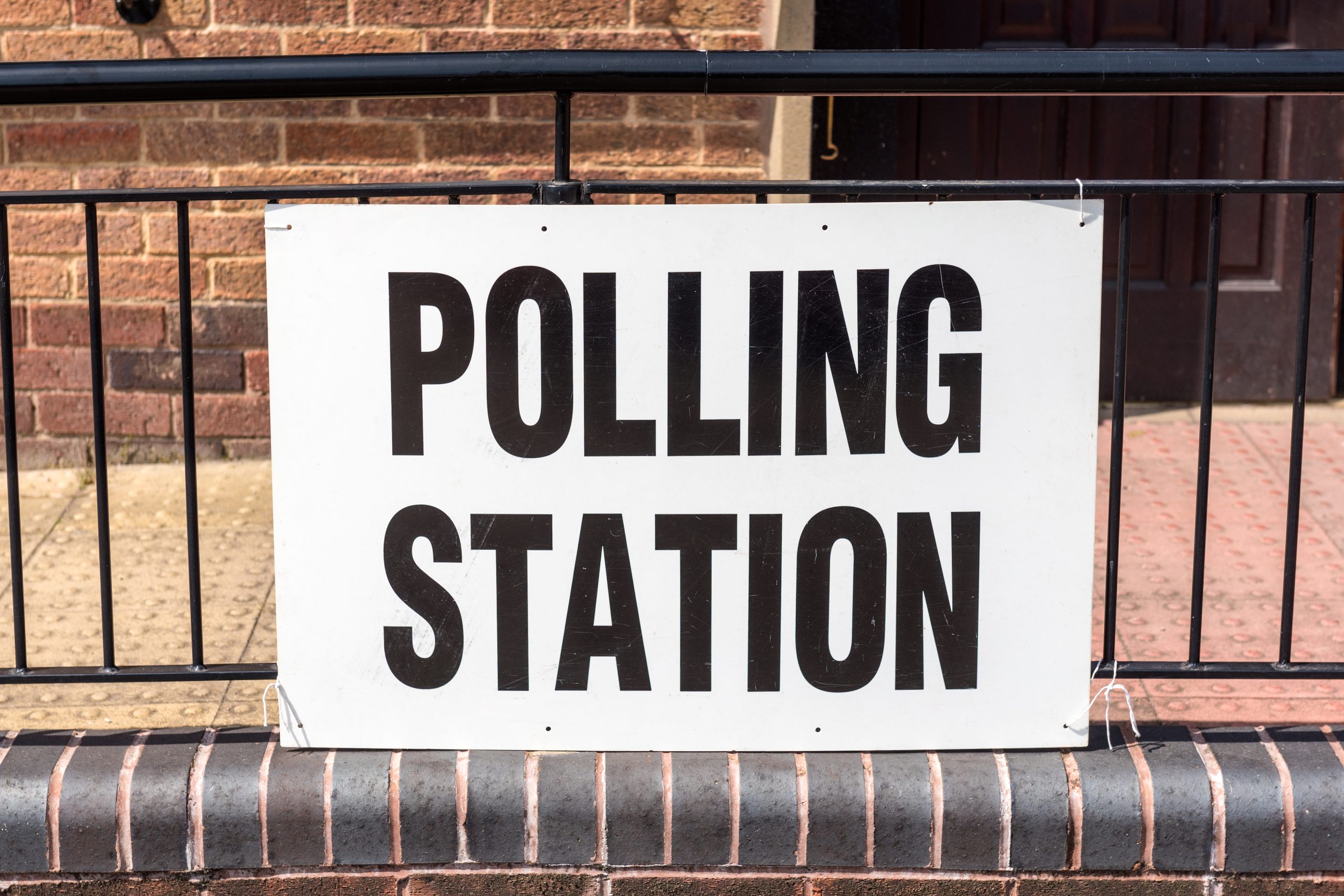FTI Consulting International Trade Bulletin – 10th December
2021 – A Year in Trade
In a year of mixed fortunes for the Government, international trade is an agenda that Downing Street will point to as one of the success stories: agreements reached on the UK’s first bilateral trade deals since Brexit, tangible progress made on ambitions to join the Comprehensive and Progressive Agreement for Trans-Pacific Partnership (CPTPP), which accounts for 15% of global trade, and a new Export Strategy. The UK has also spearheaded a recently concluded WTO services agreement covering Domestic Regulation, and has a number of preferential trade deals in the pipeline for 2022, including with India, Mexico and the Gulf Cooperation Council.
Yet it has not all been sunny uplands. In a context of economic turmoil due to the ongoing pandemic, global supply chains have been crunched, a UK-US deal has been put in the freezer and the UK’s relationship with the EU has remained fractious, with both sides ending 2021 still deadlocked on how to manage the Northern Irish border.
Month-by-Month
In January, after frenzied last minute negotiations, the UK’s new trading relationship with the EU finally became a reality. The Trade and Cooperation Agreement prevented the cliff-edge scenario of no-deal, neutralising almost all of the incoming tariffs and quotas, but the reality was new bureaucracy as well as new freedoms. Inefficiency and unpreparedness at the new customs border between the UK and its largest trading partner simply could not be offset by the myriad of rollover deals the UK had secured with countries such as Canada, South Korea and Switzerland.
In February, the UK formally applied to join the CPTPP. Negotiations commenced in June, and with hopes to conclude talks by 2022, this could represent yet another high-quality and high-speed deal. Given China have also now declared an intention to join the CPTPP, this could be the deal that keeps on giving. It was quite a contrast though with the emerging acceptance in the UK that a deal with the architects of the CPTPP, the US was neither ‘oven ready’, nor a realistic possibility this year. Neither was the US inclined to re-joining that regional trade pact, with new President Joe Biden making clear free trade was not a priority for a US gripped by the twin issues of pandemic and political polarisation.
In March, the Integrated Review declared the clearest UK commitment yet to ‘free trade and global growth’ and set out the curiously-phrased ‘Indo-Pacific Tilt’ as a foreign policy priority, looking to expand the UK’s presence in the region – both economic and security. References to the EU meanwhile were nowhere to be seen.
In April, the National Security and Investment Act became law, pointing to much greater scrutiny of mergers and acquisitions involving UK-owned entities in sensitive sectors such as defence, communications and robotics. The biggest expansion of the Government’s power for nearly 20 years, only time will tell how interventionist ministers may choose to be.
June marked ‘Agreement in Principle’ on a free trade agreement with Australia, the first new UK trade deal since Brexit, removing almost all tariffs and quotas as well as wins for professional services. While the UK economy gains only between 0.01 and 0.02% of GDP from the deal, upwardly mobile Trade Secretary, Liz Truss, predictably described the deal as “historic” and the “gold-standard”.
September saw relations strengthened yet further with news of a pact with the US and UK to supply the Royal Australian Navy with its first nuclear-powered submarines, much to the chagrin of France.
In the same month, Lord Frost fired an incendiary starting gun on re-negotiations of the Northern Ireland Protocol, warning of the risk that the UK would walk away from it, and if necessary the TCA, should the EU not be prepared to compromise on customs control obligations. A perennial thorn in the side of attempts to normalise UK/EU relations, neither side has yet found any willingness to compromise, even if threats to walk remain unfulfilled.
In October, new Trade Secretary, Anne-Marie Trevelyan scored her first big win, agreeing a deal with New Zealand. Similar to the Australia deal, it epitomises the UK’s renewed interest in the Indo-Pacific, but is unlikely to significantly boost the UK economy. A natural ally, but one with closer links to China than many find desirable, a deal with New Zealand does at least ease the UK’s path to Trans-Pacific Partnership accession.
In November, the Export strategy ‘Made in the UK, Sold to the World’ was launched, establishing a “new” target of £1 trillion worth of annual exports by 2030 and a fresh Export Support Service (ESS) to enable maybe-exporters to find a way into overseas markets.`
December brought early Christmas presents for both Government and free trade aficionados. The UK announced Agreement in Principle on a UK-Singapore Digital Economy Agreement (DEA), the ‘most comprehensive’ digital trade agreement in the world, it will make it easier for services firms, particularly those in financial services and telecoms to trade with the country at the heart of trade with the Asia Pacific region. In other good news, there are also indications that the UK-Australia FTA is close to a pre-Christmas signature, with the final issues holding up a deal now resolved. This deal could take effect as soon as next year, and with Australia signed, New Zealand would be just around the corner. .
Implications
Boris Johnson can look back on 2021 and claim some success toward his manifesto commitment to position the UK at the centre of a network of modern free trade deals covering 80% of the UK’s trading relationships likely to be covered by the end of 2022. Achieving that promise looks like a challenge, with deals with China and the US, the UK’s biggest trade partners outside the EU, not on the cards.
The UK is also clearly looking well beyond the Atlantic for geopolitical and economic allies. The shift in focus this year towards the Indo-Pacific is clear, and backed up by both foreign and trade policies. DIT negotiators are also now ‘blooded’ by the agreements they’ve secured and go into fresh negotiations with tried and tested positions.
Contact Us
FTI Consulting’s UK Public Affairs team works with clients of all sizes, and in all sectors, to design and deliver bespoke programmes which strengthen reputation, protect and promote interests, and generate commercial and political capital. Our approach is underpinned by our unrivalled understanding of the public policy environment and thinking of senior decision-makers, combined with sector-specific expertise and experience in delivering integrated public affairs and communications strategies across international borders and party-political lines. We offer our clients a unique advisory experience, drawing not only on the expertise of the core Public Affairs team but also FTI Consulting’s broader experience as one of the world’s largest, independent global business advisory firms.
If you would like to understand more about how we can help you, please contact Alex Deane at [email protected], Josh Cameron at [email protected] or Ollie Welch at [email protected].
| The views expressed in this article are those of the author(s) and not necessarily the views of FTI Consulting, its management, its subsidiaries, its affiliates, or its other professionals.
©2021 FTI Consulting, Inc. All rights reserved. www.fticonsulting.com |






